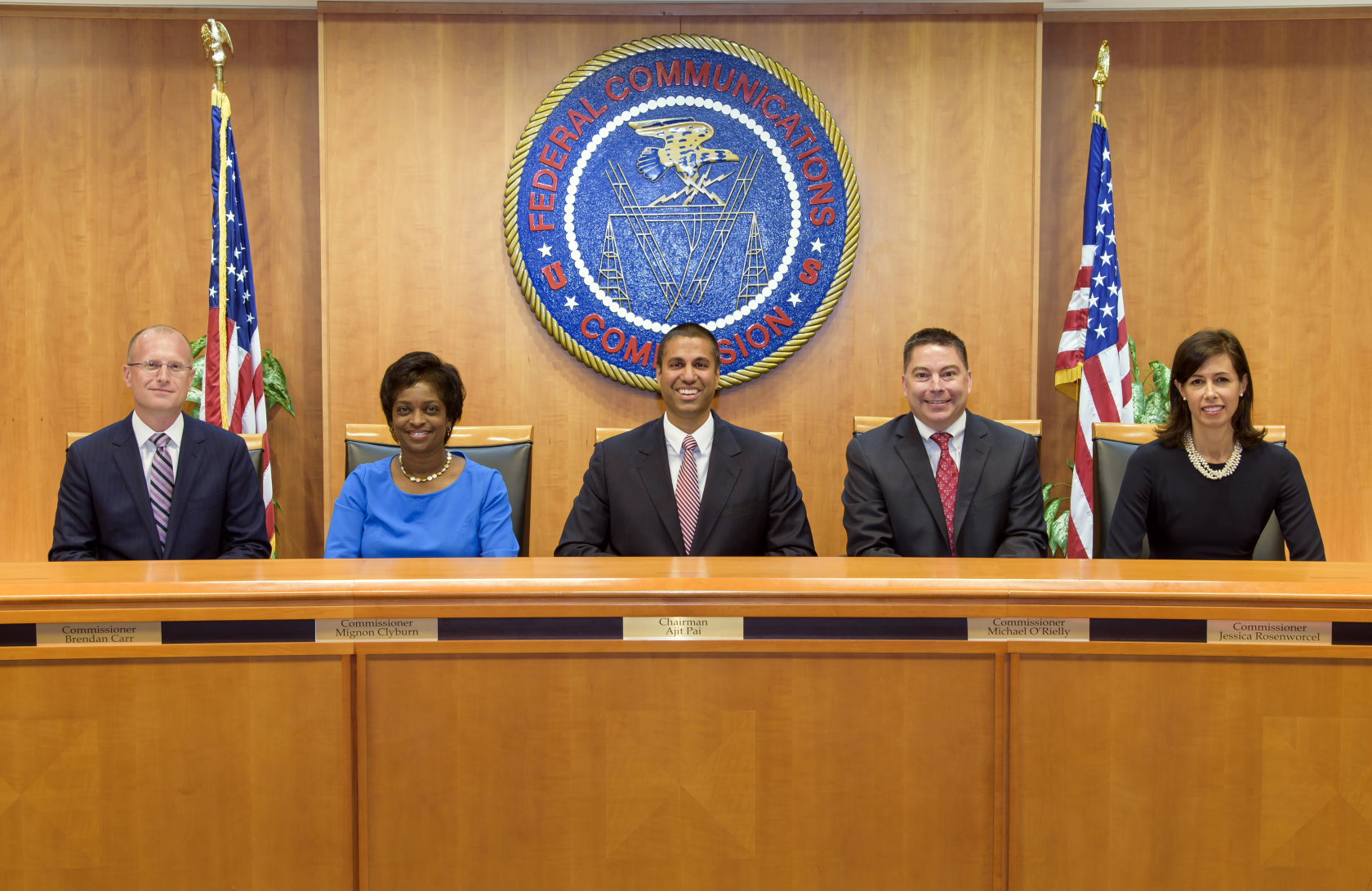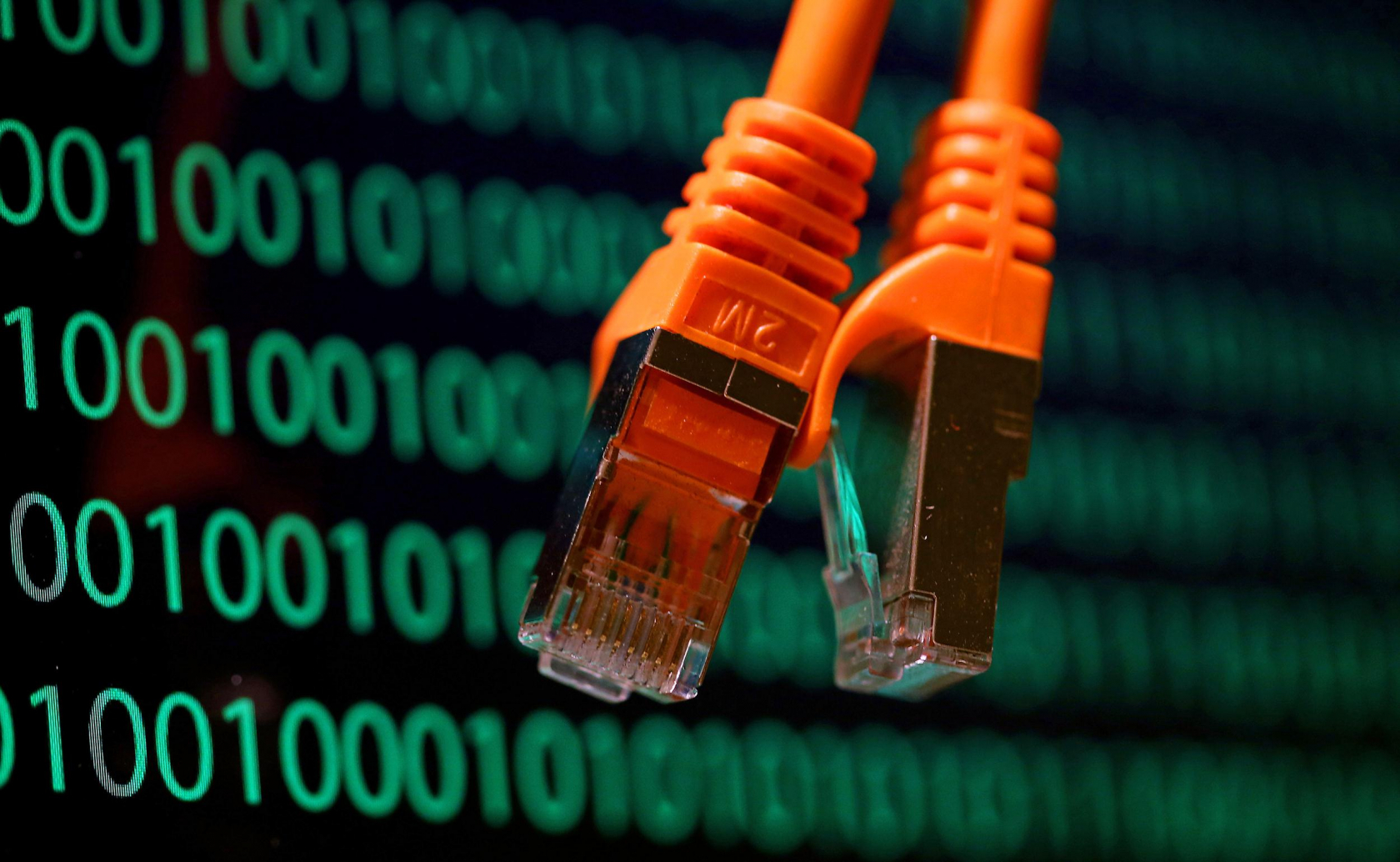The Federal Communications Commission (FCC) has outlined a full repeal of the 2015 net neutrality rules put in place to treat Internet access as an essential utility. The stripping of these regulations completely removes government oversight and gives Big Telecom more control over how the Internet is used and accessed.
"Under my proposal, the federal government will stop micromanaging the Internet," said FCC Chairman Ajit Pai in a statement today. "Instead, the F.C.C. would simply require Internet service providers to be transparent about their practices so that consumers can buy the service plan that's best for them and entrepreneurs and other small businesses can have the technical information they need to innovate."
The 2015 regulations were intended to keep the Internet neutral. In other words, they prevent those who provide access from gouging the consumer, stifling competition and creating "fast lanes" for high-paying or favored customers. The rules were proposed to avoid the debacle we saw with the Ma Bell telephone monopoly back in the late 1970s and early '80s.
The battle lines over net neutrality have been drawn pretty clear with the consumer and small business on one side and telecoms like AT&T, Verizon and Comcast on the other. These companies have spent billions of dollars lobbying for the repeal.
"For decades, the Internet flourished under a bipartisan regulatory approach that allowed it to operate, grow and succeed free of unnecessary government controls," said Verizon Senior Vice President Kathy Grillo. "[The 2015 ruling] undermined investment and innovation, and posed a significant threat to the Internet's continued ability to grow and evolve to meet consumers' needs."

Lobbyists have been saying the regulations are "unnecessary and outdated" and it looks like they may have won. The FCC is set to vote on the matter at a December 14 meeting. The repeal is expected to pass on a 3-2 majority vote along party lines.
Democratic commissioner Jessica Rosenworcel, who voted for the 2015 rules, has opposed Pai's proposal at every step. She does not believe Big Telecom is capable of self-regulation and feels they will ultimately harm the consumer in the race for higher profits.
"This proposal ... hands broadband providers the power to decide what voices to amplify, which sites we can visit, what connections we can make, and what communities we create," Rosenworcel said in a rebuttal today. "It throttles access, stalls opportunity, and censors content. It would be a big blunder for a slim majority of the FCC to approve these rules and saddle every Internet user with the cruel consequences."
The only ones who seem confident that Big Telecom is capable of self-regulation are the service providers themselves and their lobbyists.
